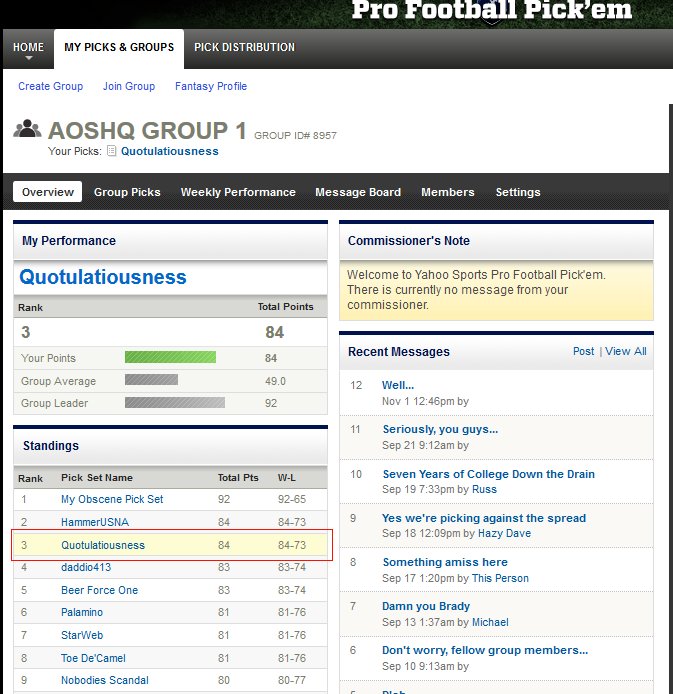In the Telegraph, Jake Wallis Simons tries to explain to a British audience how Rob Ford has managed to stay alive in Toronto politics all this time:
… from a British perspective, the oddest aspect of the story is Toronto’s seemingly indomitable affection for its mayor. It is only now, after months of scandal, that public confidence in him is finally starting to dip, and not particularly sharply.
The reason for this reveals the sharp divisions within Canadian society. And while it would be simplistic to offer a like-for-like comparison between different countries, it seems certain that there are lessons here for Ukip.
First some background. Toronto is a divided city. In 1998, six separate municipalities were merged as a “cost-saving measure” by the Government of Ontario. This led to a huge increase in levels of municipal staff, while ambiguity surrounded the question of whether money had actually been saved.
People felt that they had been deprived of their local identities. Even today, in many districts, such as Scarborough and North York, the old names are still defiantly used. The issue is given an added bitterness by the fact that in a referendum on the question in 1997, more than 75 per cent of voters opposed the amalgamation; it was forced through anyway.
Ironically, the unification only entrenched the distinctions between people living in different parts of the city, particularly between those with a 416 (inner city) area code and those with a 905 (the outer suburbs).
Among the metropolitan 416-ers, there is a visceral hatred of Mr Ford. In the more conservative 905 suburbs, however, where people are pro-car, pro-booze and pro-sport, voters feel unfairly removed from the levers of power. Here the mayor commands widespread affection.
[…]
Canadian divisions may not map precisely onto Britain, but the rise of Ukip has demonstrated that we too live in a split society. From the perspective of Ukip followers, their needs and views are simply not represented by the overly polished political elite known as Lib-Lab-Con.
Of course, Nigel Farage’s cigarettes and pints are nothing compared to Mr Ford’s crack pipe and drunken stupors. In Toronto, where tensions and divisions are even more marked, the suburbs have an even greater appetite for the “ordinary guy”.




